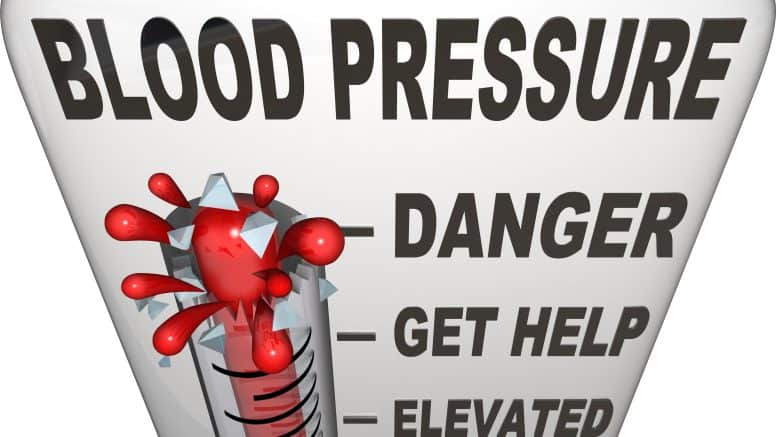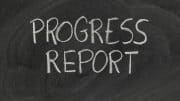Obesity and High Blood Pressure AKA Hypertension
Diabetes and Hypertension affect many Americans. Hypertension is at epidemic levels, and like diabetes, high blood pressure is a silent killer. The number of people living with hypertension is predicted to be over 1.5 billion worldwide in less than ten years. In the US, around 75 million people have hypertension, or about 1/3 of the adult population. It costs the country about 50 billion dollars every year to treat hypertension.
In 2011-2012 in the US, about a third of all individuals over the age of 20 years had hypertension, based on high blood pressure assessments and the number of people taking anti-hypertensive medications. Most patients that take anti-hypertensive drugs take 2-4 medications to control their blood pressure, but only 54% of those will have their hypertension under control. High blood pressure is extremely expensive, and with each new medication added, the risk of reduced quality of life increased.
The increasing prevalence of hypertension is directly tied to lifestyle and dietary factors. Physical inactivity, alcohol and tobacco use, obesity, and a diet high in sodium are all associated with an increased risk of high blood pressure. The larger the area that your heart has to pump to will increase the pressure needed to reach the increased area caused by an expanding waistline
What is high blood pressure?
Blood pressure, simply, is the force exerted by the blood against the walls of blood vessels. It is the resistance to flow as your heart pushes blood down the length of blood vessels that cause the increase in blood pressure. As we age, our blood vessels calcify and are less flexible. When the blood hits these hardened vessels, it creates more pressure. If you are overweight, elevated blood pressure will happen sooner because of the premature aging of your blood vessels and the need to reach a larger area.
Risks to Develop Hypertension:
- Physical inactivity
- A salt-rich diet associated with processed and fatty foods
- Alcohol and tobacco use
- Increased age
- African American race
- Increased weight
- Higher stress levels
- Male biological gender
- Physical inactivity
- Diabetes
- Kidney disease
- Pheochromocytoma
- Cushing syndrome
- Congenital adrenal hyperplasia
- Hyperthyroidism
- Hyperparathyroidism
- Pregnancy
- Sleep apnea
- Obesity
How can I lower my risk of high blood pressure?
The goal of treatment is to reduce your blood pressure, reduce your risk of developing high blood pressure, or lower your risk of complications. You and your provider should set a blood pressure goal for you if it is elevated. If it is not elevated yet, we must lower your risk of developing elevated blood pressure.
If you have pre-hypertension, your provider will recommend lifestyle changes to bring your blood pressure down to a normal range. Medications are not commonly used for pre-hypertension.
Recommendations for lifestyle changes to prevent hypertension:
-
Eat a heart-healthy diet, including potassium and fiber.
- Eat 4-6 servings of fruits and vegetables a day.
- Drink plenty of water.
- Exercise regularly for at least 30 minutes of aerobic exercise a day and five days a week.
- If you smoke, quit.
- Limit how much alcohol you drink to 1 drink a day for women, and two a day for men. Less is better.
- Reduce the amount of sodium you eat. The goal is less than 1,500 mg per day.
- Reduce stress. Try to avoid things that cause you to stress, and try meditation or yoga to de-stress.
- Stay at healthy body weight. I recommend a BMI of less than 25 in males and 30 in females. Ten pounds can make a difference.
The bottom line: Obesity and high blood pressure are common bed fellows. Weight loss can help if you are overweight.









Leave a Reply